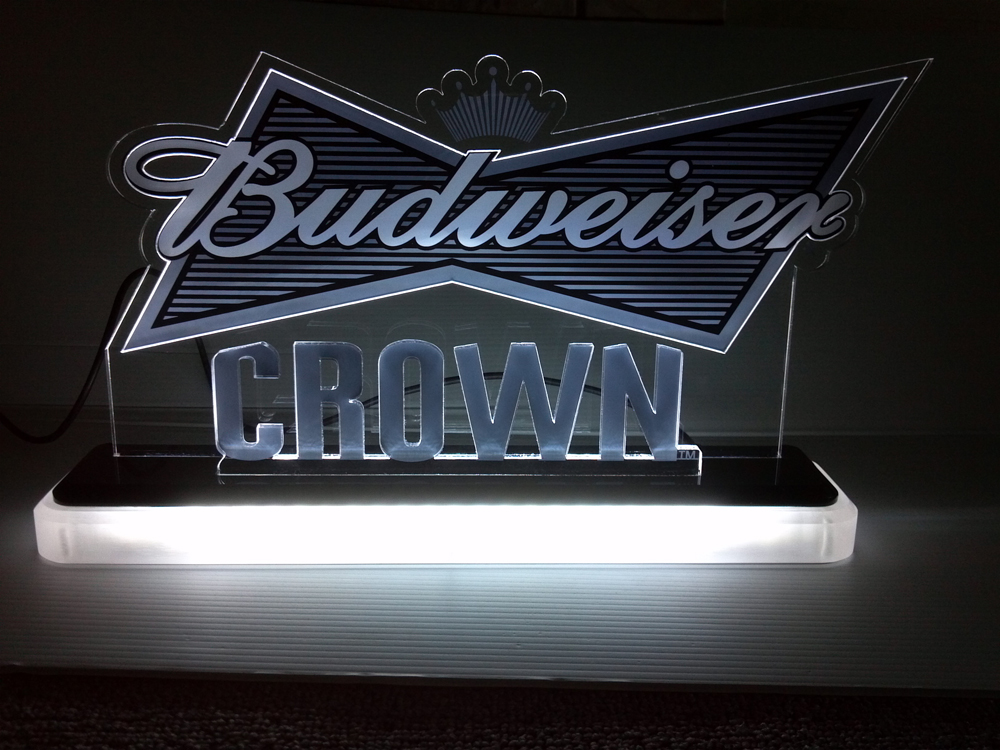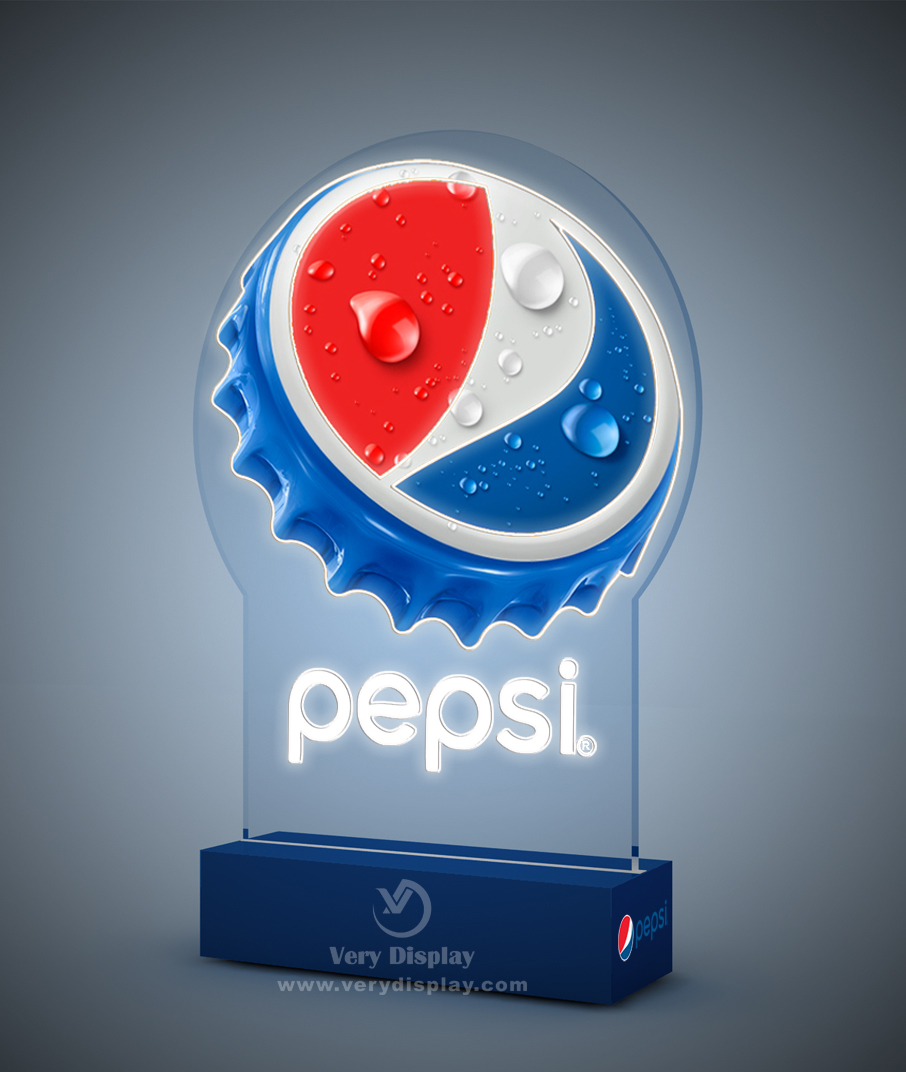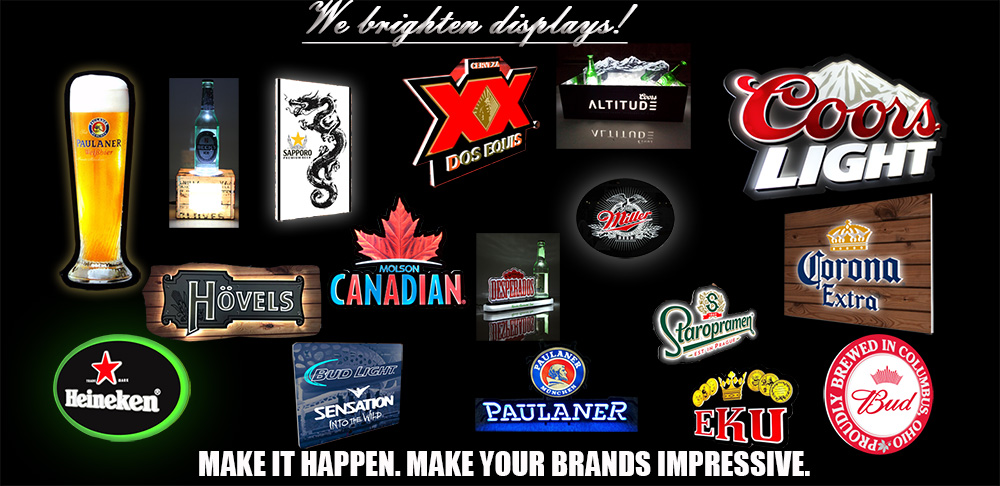The Chinese auto industry has always been “restructuring light and zeroâ€, resulting in foreign ownership of key auto parts up to 70% to 80% of the market share. Local auto parts companies have been pushed out to non-key parts and components markets. With foreign spare parts companies rushing to set up wholly-owned enterprises in the Chinese market. Under such circumstances, what can be done to achieve long-term development is a problem that lies ahead of every local auto parts company.
Founder and CEO of Gasgoo.com and founder and CEO of Shanghai Kewei Automotive Parts Co., Ltd. Chen Wenkai said in an interview with a reporter from China Enterprise News that the weight of foreign and domestically owned parts and components manufacturing companies in the Chinese market cannot be limited to scale alone. And the amount to measure. First of all, it is necessary to divide passenger cars and commercial vehicles. Passenger cars are larger than commercial vehicles.
Low-tech content of domestic parts and components companies Chen Wenkai said that in the commercial vehicle sector, some of the major technologies like diesel common rails, diesel injection booms or braking systems are foreign-funded enterprises, and many parts with low technological content are still mainly local companies. Mainly. Therefore, the share of local self-owned branded parts and components companies is relatively large. From the amount of money, local companies occupy the dominant position.
However, Chen Wenkai also stressed that commercial vehicles themselves account for less than 30% of the automotive industry. At the same time, consumers are more concerned with the field of passenger vehicles.
It is reported that in the field of passenger vehicles, foreign-invested vehicle companies account for more than 70%. When these companies choose parts and components, they will naturally rely on foreign companies. High-tech and relatively complex system components such as engine fuel injection systems, air-conditioning systems, automatic transmission and other local companies are difficult to get involved, only low-tech, high pollution or labor-intensive products such as brake discs, car keels Only when they turn to local companies, their own branded parts companies mainly occupy a certain share in the low-end vehicles.
The reason for the formation of this situation, Chen Wenkai analysis, first of all, in the corporate industry, vehicle companies and parts and components companies have a very close relationship, which is not available in other industries. Vehicle companies generally have a very close relationship with their own local companies and this series of parts and components companies. For example, Toyota only has electric vehicles, and only Hyundai Motors has both Man Moos and MOBIS, and General Motors has Delphi.
Second, foreign-invested vehicle companies will work closely with parts suppliers during the R&D phase of the car, and at this stage it will determine which company will be the supplier of the car's parts. Even if it is a car assembled in China, it will determine who will supply the parts at the R&D stage. At the same time, the design and R&D phases are often conducted abroad. This provides foreign companies with a very good opportunity for cooperation and at the same time directly closes the door to cooperation with Chinese parts and components companies that do not have agencies abroad.
According to Chen Wenkai, this status quo often leads to the Matthew effect of stronger weaker and weaker people. The less chance of cooperation, the more unsupported, the more unsupported, the less experienced, and the less experienced, the less technical and less effective. The poorer the technical quality is, the longer the distance will be.
Breaking through three aspects of technical management talents, Chen Wenkai believes that local auto parts companies should improve and break through from the three aspects of technology, talents, and management.
There are several ways in which technological breakthroughs can be made. First, companies can increase their investment in manpower and capital to gradually take the traditional development path from small to large and weak to strong. This approach is effective but needs to be adhered to. Many foreign auto giants are taking this step by step. Second, local companies can acquire companies or purchase technologies on the premise of accumulating certain strengths. This is a relatively straightforward path.
Chen Wenkai said that the control of the enterprise, the development of technology, and innovation are all in the hands of talents. Enterprises should make great efforts to cultivate their own talents, and they can also acquire technology through talented personnel exchanges.
China's auto parts companies generally lack strategic management, and they always rely on the back end to slowly develop relations. This development mode is certainly not enough. Chen Wenkai said that strategic management includes how to establish good and close cooperation with the upstream vehicle companies, establish R&D centers abroad, and so on. At the same time, the management level of enterprises should be greatly improved. They should be familiar with the process, culture and style of advanced vehicle companies. Otherwise, they will not be able to connect with foreign vehicle companies.
In January 2012, the "Foreign Investment Industry Guidance Catalogue (Revised in 2011)" promulgated by the National Development and Reform Commission and the Ministry of Commerce changed the focus of encouragement from "whole vehicle manufacturing" to "key component manufacturing and R&D."
Wenkai Chen suggested that the government should encourage foreign vehicle R&D organizations to enter China. In general, foreign-funded enterprises still occupy an advantageous position in vehicle companies. At the same time, the new cars of these companies are all designed and developed in foreign countries, and then the molded vehicles are sold domestically or produced in a joint venture. In this way, there will be very few opportunities for domestic parts and components companies. If the R&D center is located in China, then the possibility of China’s participation in local parts and components will be greatly increased. In the process of R&D, some talents will be localized. These talents may also contribute to the domestic auto companies in the future. For example, Ford has an R&D center in Germany, while the German R&D center models such as Mondeo and Fox are completely Germanized, and they are also sold in the United States. If such an example is in China, then it is undoubtedly very beneficial to the entire automotive industry in China.
China Led Display Board,Acrylic Light Stand,Tabletop Light Displays,Commercial Led Display, we offered that you can trust. Welcome to do business with us.
We, Very Display,are not just a Sign or Display Maker, but a 15 years experienced acrylic POP display pioneer, and also the first supplier in china who combined the acrylic POP signs and displays with Led lighting technology.
Material: we designed and produced lights signs and light displays according to clients demands, acrylic to be the main body light guide plate.
Advantages:
We make all customers dreams came true, because we friendly & conscientious sales and over 14years experienced & creative 3D artists team ;
We make everything possible, any signs or displays involved with various of materials, like wood, metal, glass or even stone, because we have qualified supplier chains working with us;
We make every order on time delivered, because we have quite skilled and high efficiency production and QC team.
Customized tabletop light displays, especially bar sign display. Customers' designs and OEM orders welcome.



Led Display Board,Acrylic Light Stand,Tabletop Light Displays,Commercial Led Display
Very display co.,ltd , https://www.verydisplay.com